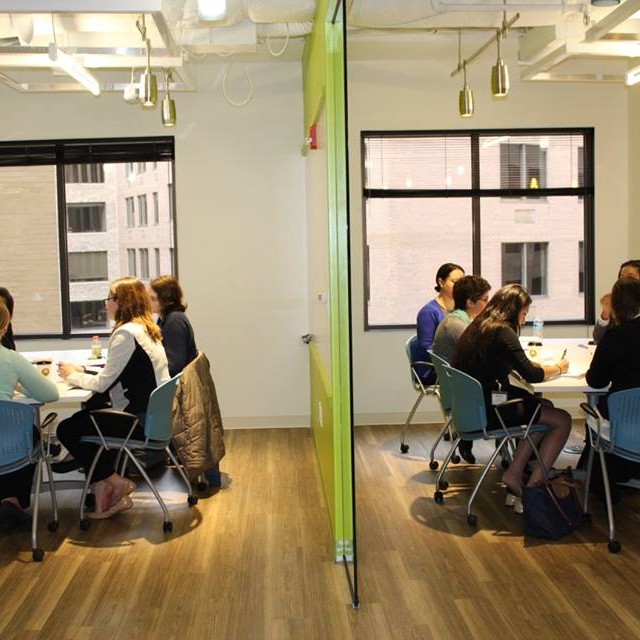This January, I kicked off the New Year by joining 30 other undergraduate and graduate women in Washington D.C. for a week of panels and workshops on public policy. It was a week of discussion and growth, surrounded by passionate peers and speakers. The Public Leadership Education Network (PLEN) holds seminars like the “Women in Public Policy” conference that I attended throughout the year in order to bring together women from all over the country and introduce students to the policy field. Its design fosters an environment of empowerment and education. The panels throughout the week covered various issues — from health care to national security to organizing social justice movements.
I got to hear from public servants, researchers, advocates and professionals in the public and private sector. The speakers came from different professional and personal backgrounds, which highlighted the various ways to work for issues you passionate about.
One of the most interesting panels addressed immigration and education policy; the speakers discussed how no policy issue is isolated and the importance of comprehensive solutions that acknowledge intersecting problems. Listening to them talk, I considered the negative, unintended consequences that have come from policymakers not taking this comprehensive approach or considering all stakeholders. I believe an effective way to improve this problem is to improve representation in the public policy field. Life experiences inform perceptions and increasing the inclusivity of the field can decrease the gap between policymakers and the people the policy affects.
I found the panel on energy and environmental policy particularly intriguing because I interned with a renewable energy trade association in New Orleans. That experience gave me an understanding of how federal, state, and local policy impacts the development of renewable energy industries. This panel addressed the importance of public-private partnerships in order to make sustainable environmental progress. For the renewable energy industry to grow, policymakers and businesses need to coordinate. These partnerships also have the potential to foster innovation. The speakers mentioned the Department of Energy’s “Solar Ready Vets” program, which trains veterans to install solar panels, thus creating needed jobs while also benefitting the solar industry’s development. I think renewable energy can play an essential role in addressing environmental justice issues and I had the chance to discuss this with women currently working in the environmental policy field. We spoke about the environmental aspects of the Clean Power Plan and where it succeeds in addressing the injustice and where it fails. It was inspiring to explore policy approaches with professionals and other students that are passionate and eager for open discussion.
One of the most rewarding and valuable aspects of the conference was the honest insight the speakers shared with us about their work. The speakers offered open discussion of their experiences and took the mentoring aspect of the conference seriously. As women professionals in the generally man-dominated policy field, the speakers were candid while sharing their successes and frustrations in this environment. Many speakers discussed the importance of mentorship and seeking a work environment with inspirational colleagues.
The “Women in Public Policy” conference was a great to start the New Year. I was inspired by the speakers and my peers, and energized by the skills and knowledge I gained. I am incredibly grateful for the Changemaker grant that allowed me to seize this opportunity. I left the experience with new ideas and motivation.
By: Anna Bauman, Changemaker Catalyst Award Winner
